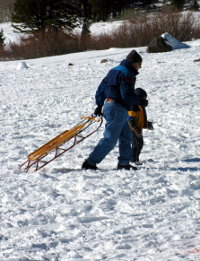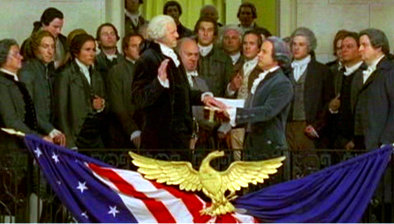It’s a very long, in-depth analysis and rewards a full, careful reading; but since I suspect you’re not going to do that, let me sum up. Most of the article argues that industrial centers like Detroit are doomed in the long run, and that population-dense areas with diverse economies, like New York, will thrive, based on a notion of the “velocity of ideas” that such places generate, which may sound a little vague but rings true for me.
The article holds up Pittsburgh as a model for successfully managing the transition from a large industrial economy to a smaller idea-based one, and it wraps up with some prescriptions for managing this crisis to a comparatively soft landing. The most compelling suggestion the author makes is for “the removal of homeownership from its long-privileged place at the center of the U.S. economy.” Its benefits aside, homeownership creates economic ills of various kinds: for example, it anchors people to a region that may be in economic decline, producing a “creeping rigidity in the labor market,” when those people ought to be mobile and able to go where the work is. Further, government incentives encouraging homeownership distort demand, producing, for example, speculative bubbles of the kind we’ve just seen pop.
Richard Florida would rather see government policies favoring property rental, and calls the current tidal wave of foreclosures an opportunity: banks could be required to rent a foreclosed home to the erstwhile owners at the prevailing market rate (typically much less than a mortgage payment). This would achieve the goal of keeping families from ending up on the street, in a less artificial way than prohibiting foreclosures would. Just as importantly, it provides a basis for valuing some of those “toxic assets” you’ve heard so much about.
Digression: a big part of the problem in the financial world right now is that years of bad lending decisions have led banks to accumulate a lot of worthless assets on their books — worthless in the literal market sense that no one, no one wants to buy them at any price. In the absence of at least a potential buyer, it is literally impossible to compute a value for an asset, and in the absence of some way to place a value on those assets, banks will sooner or later be forced to “write them down” — to admit they’re worthless and that the bank as a whole is worth a lot less than before. If the bank’s assets shrink enough, its liabilities may overwhelm it, at which point it becomes insolvent.
This is one reason why compelling banks to turn foreclosed homes into rental properties is so attractive: in many cases it guarantees a stream of rental income from the property, meaning that the property now has a non-zero value even in a glutted real-estate market where the house itself can’t be sold.
I am a somewhat reluctant homeowner. Having grown up in New York City, renting was always the norm, and I never felt the urge to own my own home. But after a few sour landlord-tenant episodes, and after we made some money in the dot-com boom, and after our first son was born, Andrea got the homeowning bug and I went along — mainly because, even though renting had always been the norm, there was always lip service paid to the unalloyed good of property ownership.
I cottoned at once to Florida’s repudiation of this idea, but if we’re going to transform ourselves from a nation of hopeful homeowners to one of eager renters, there are some things about rental that we’ll have to make less painful. Here’s a short list of rental pain points that I’d want addressed if I were going to take that step myself:
- Rent control (though unfortunately, when economists agree, the thing they agree about the most is that rent control is bad)
- Ample notice of lease non-renewal or significant changes in lease terms
- Authority to hire approved vendors for basic maintenance
Since I would expect to move more often as a renter, I’d also want a more robust and economical network of storage and moving services than exists today; but in a successful transition to the rental-oriented new-urban utopia of tomorrow that should follow naturally. I can’t wait.





